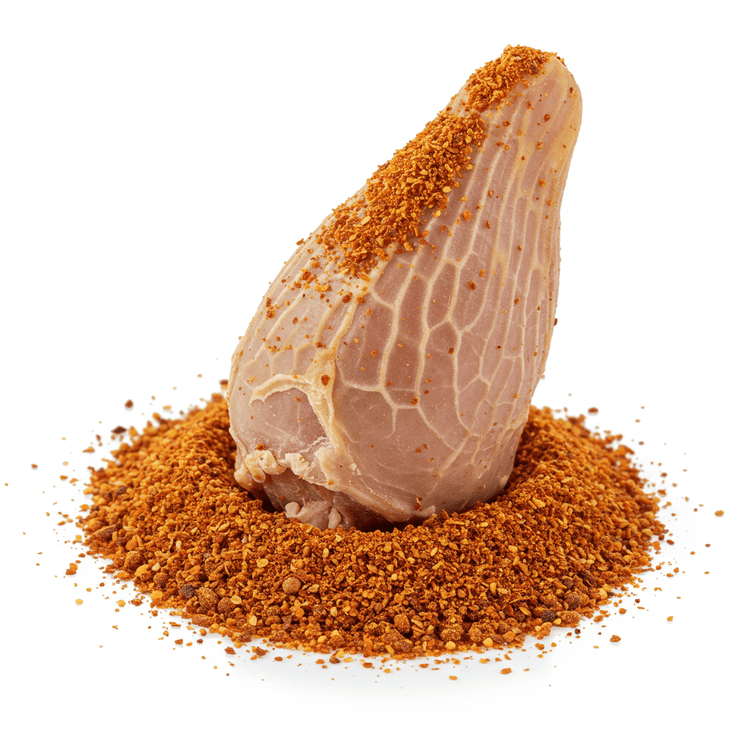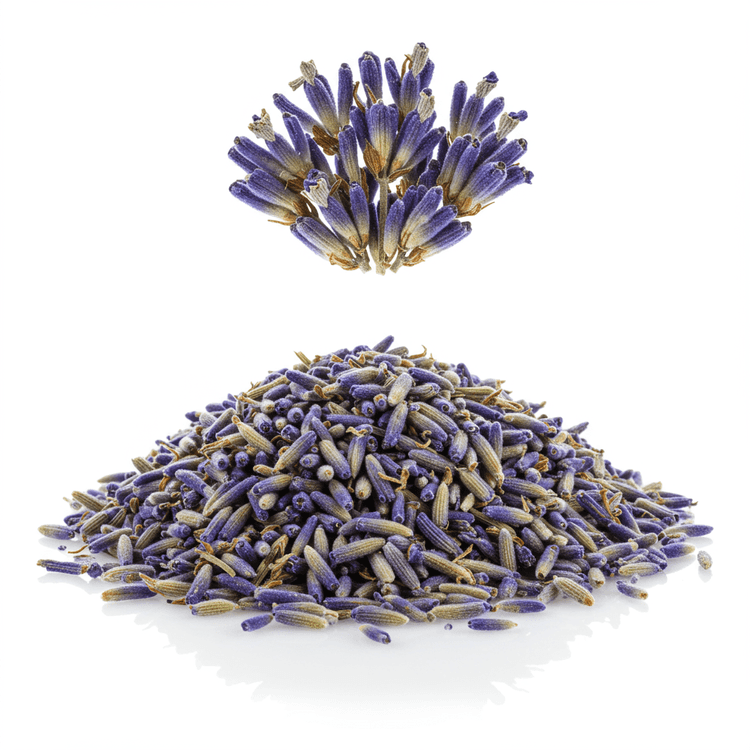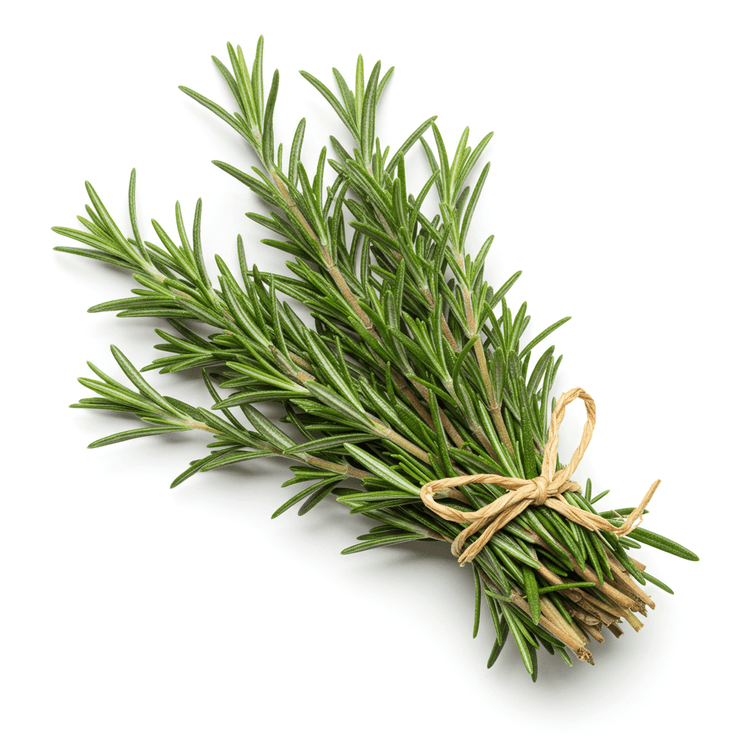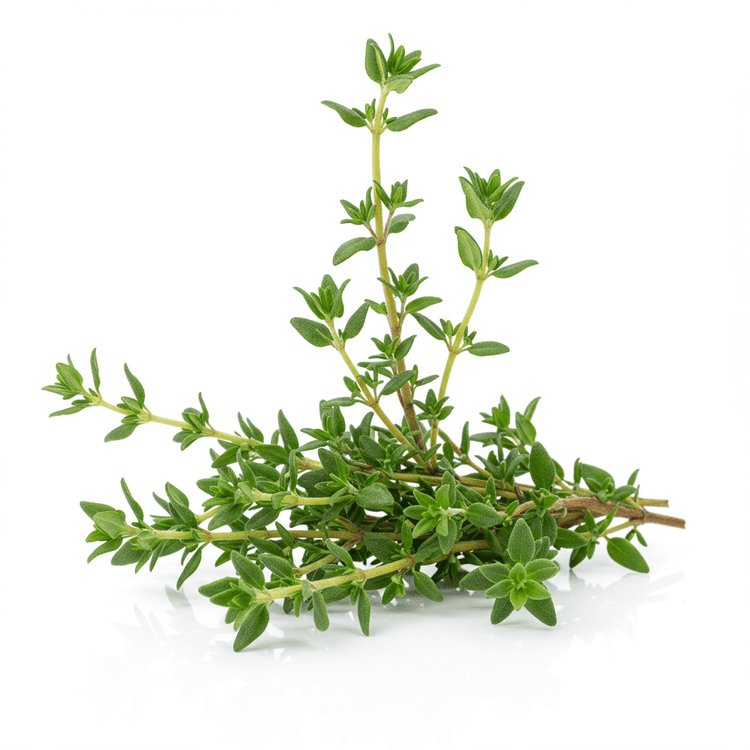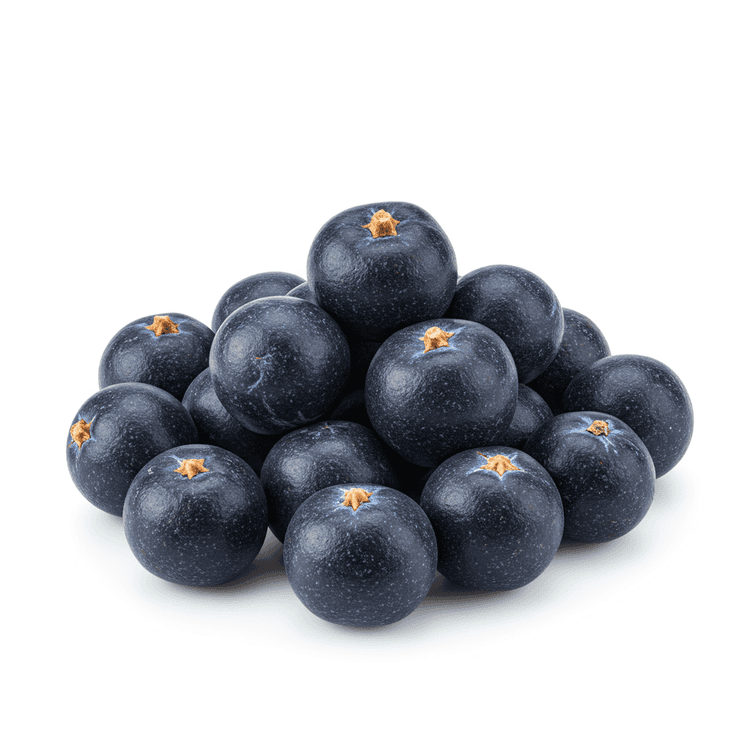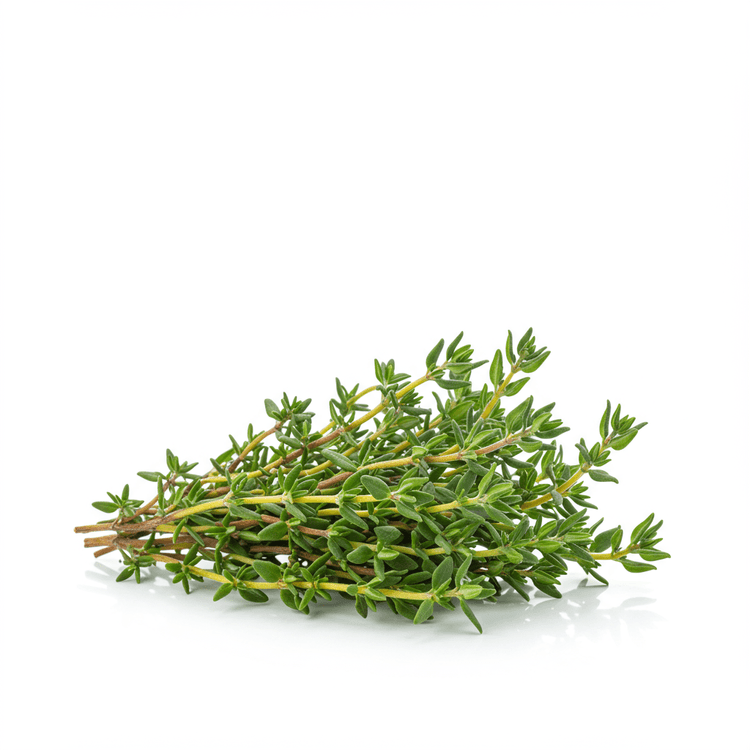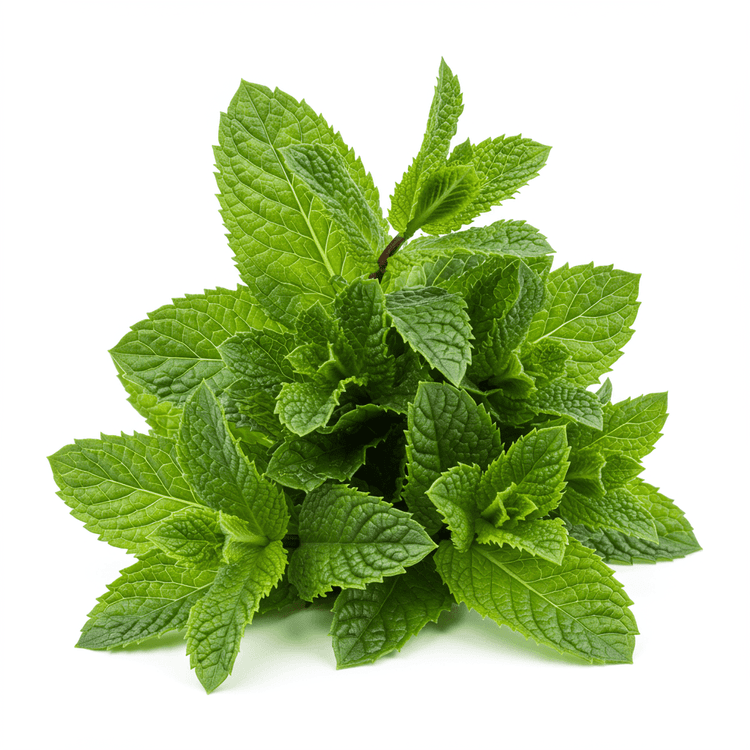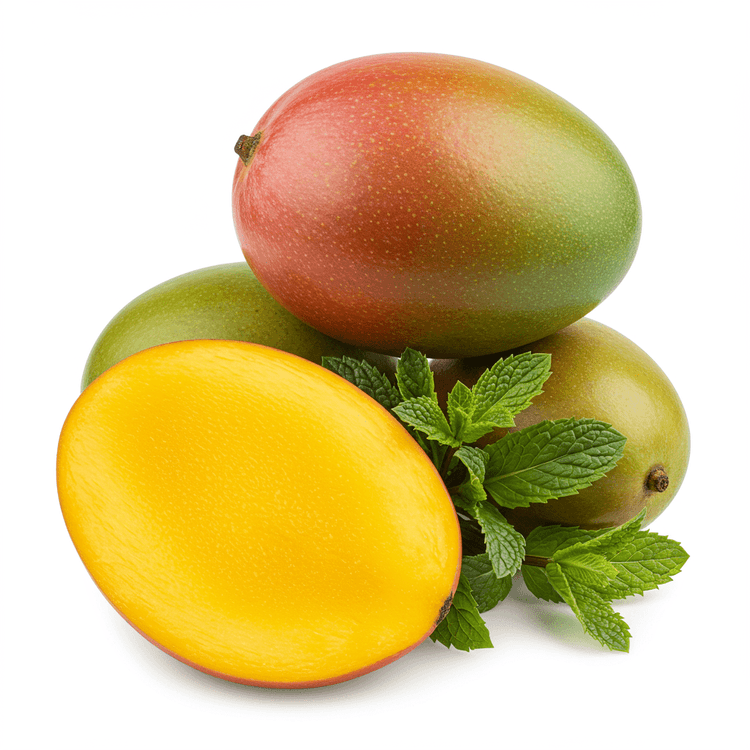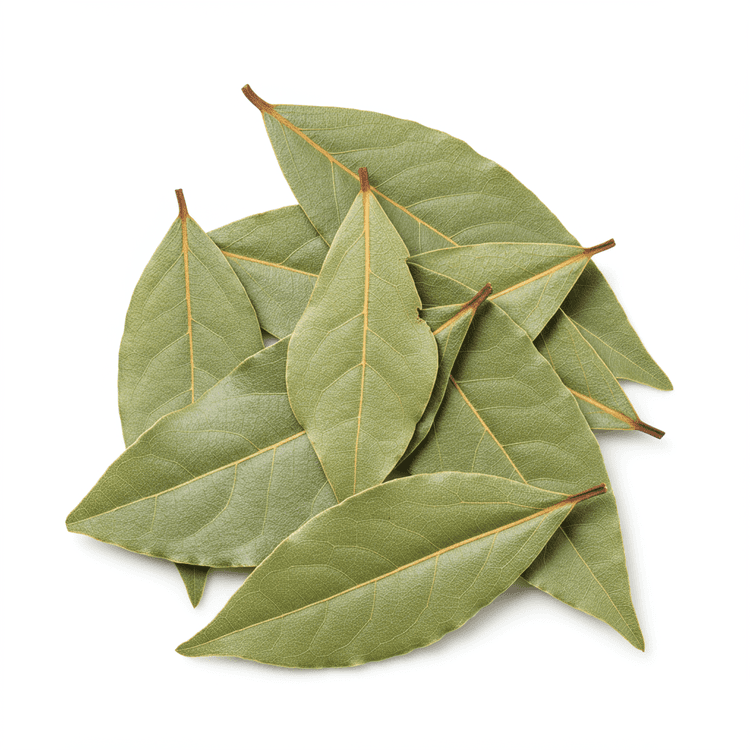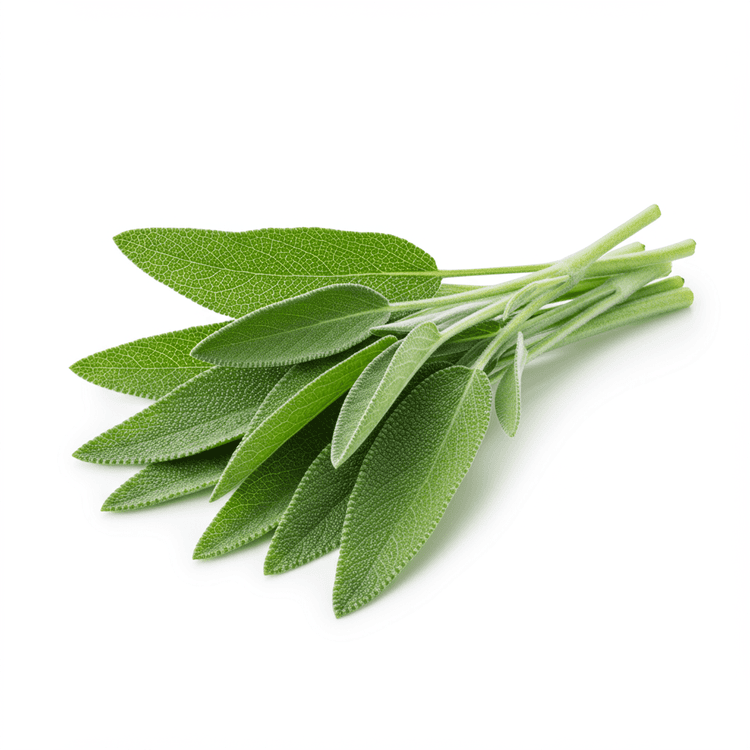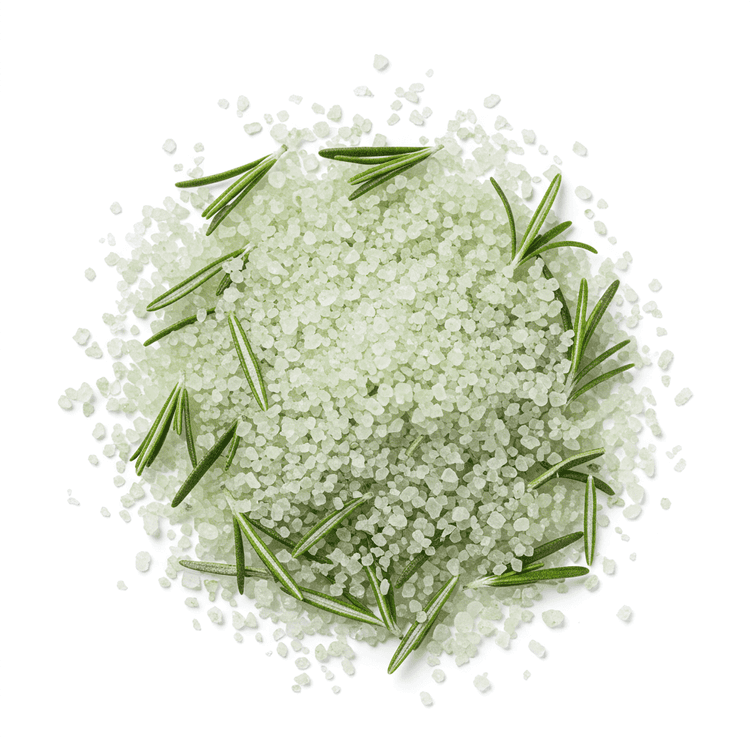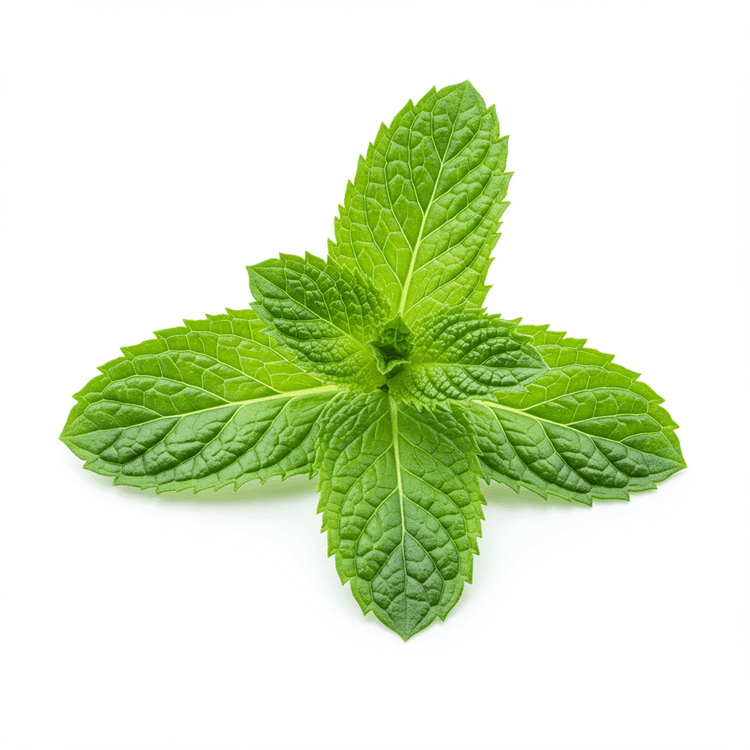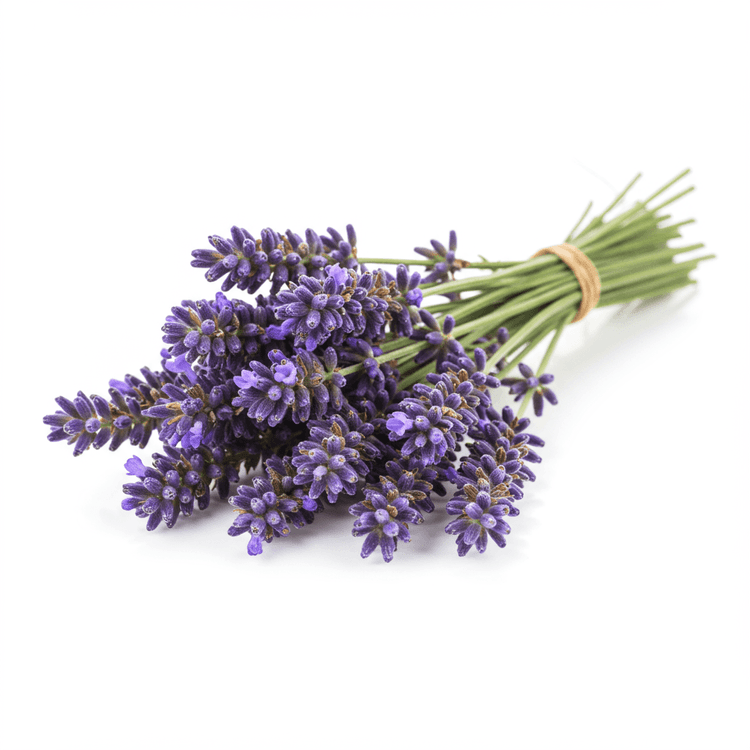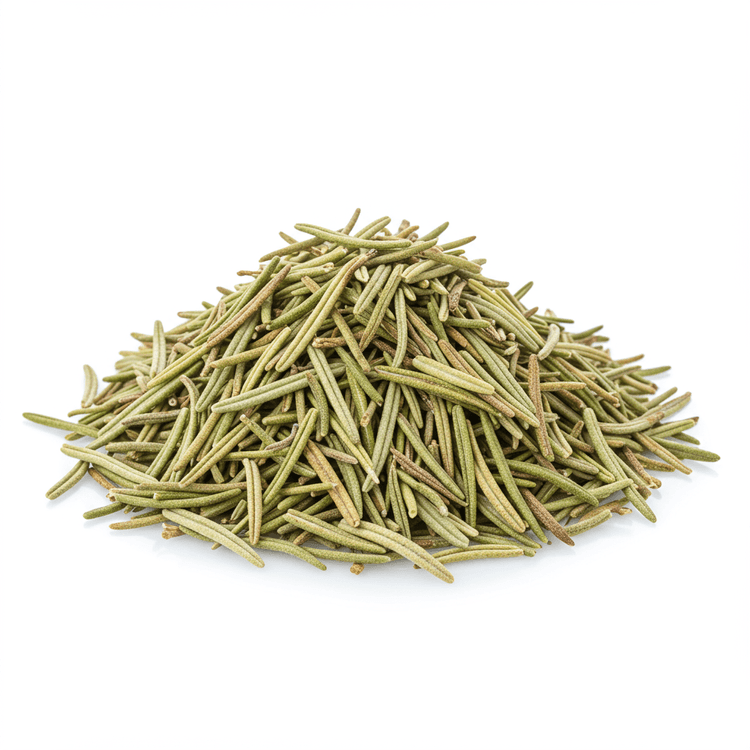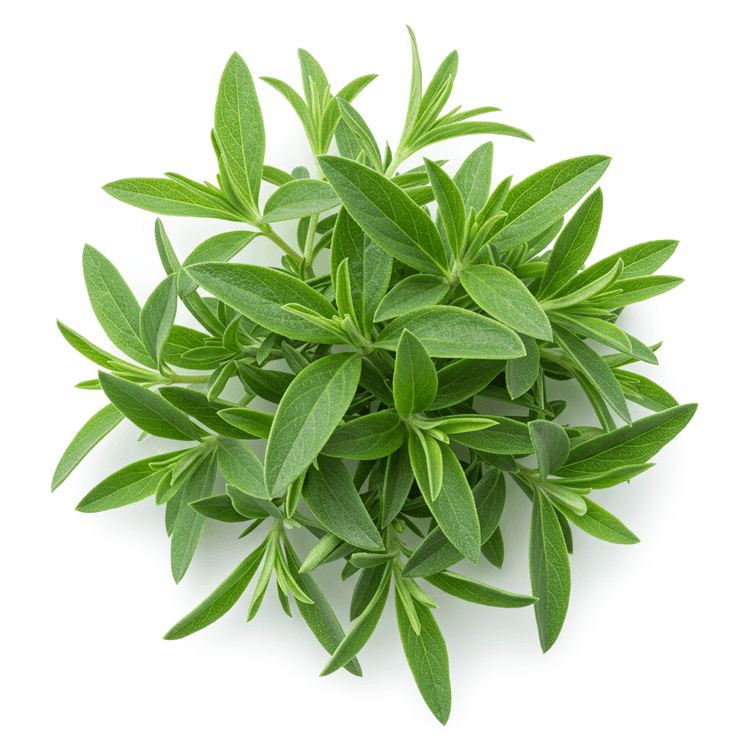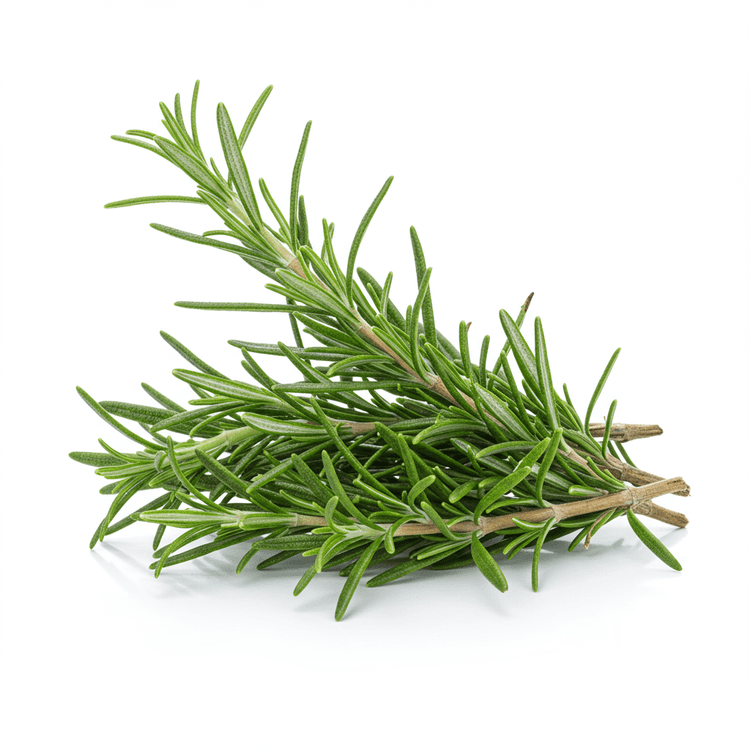
Rosemary
Rosemary is a fragrant, evergreen herb with needle-like leaves and a distinctive piney, slightly lemony flavor. Its robust aroma and earthy taste make it a popular choice for adding depth to various dishes. Rosemary is widely available fresh or dried, the fresh herb offering a more vibrant flavor profile. Dried rosemary provides a more concentrated and intense taste. When purchasing look for bright green needles that indicate freshness and potency. Culinary rosemary is a versatile ingredient widely used in Mediterranean and Italian cooking, known for its aromatic and flavorful qualities. Rosemary adds a delightful touch to many meals.
Common Uses
- Infuse olive oil with rosemary by heating gently together to create flavored oil used for bread dipping and dressings. Rosemary-infused oil is a fantastic way to add herbaceous notes to your favorite dishes.
- Roast rosemary sprigs alongside meats like lamb, chicken, or pork to impart a savory and aromatic flavor. Roasting with rosemary is a classic technique for enhancing meat dishes.
- Season roasted vegetables such as potatoes, carrots, and Brussels sprouts with rosemary, salt, and pepper for a flavorful side dish. The herb's fragrance adds depth to vegetable flavors.
- Incorporate chopped fresh rosemary into bread dough or savory biscuits for an herbal twist. Rosemary bread is a delightful accompaniment to soups and stews.
- Use rosemary to create flavorful marinades for grilled meats or vegetables. Rosemary adds an earthy flavor and aroma to grilled dishes.
- Add rosemary to sauces, stews, and soups for an extra layer of aromatic complexity. The herb enhances both tomato-based and creamy sauces.
Nutrition (per serving)
Nutrition (per serving)
Calories
13.3kcal (0.66%)
Protein
0.3g (0.62%)
Carbs
2.2g (0.79%)
Sugars
0.1g (0.16%)
Healthy Fat
0.2g
Unhealthy Fat
0.4g
% Daily Value based on a 2000 calorie diet
Nutrition (per serving)
Calories
13.3kcal (0.66%)
Protein
0.3g (0.62%)
Carbs
2.2g (0.79%)
Sugars
0.1g (0.16%)
Healthy Fat
0.2g
Unhealthy Fat
0.4g
% Daily Value based on a 2000 calorie diet
Health Benefits
- May help improve memory and concentration due to its carnosic acid content.
- Rich in antioxidants, which may help protect the body against free radical damage.
- Possesses anti-inflammatory properties that could contribute to overall wellness.
- May support a healthy immune system with its vitamin and mineral content.
- Can aid in digestion and may alleviate gastrointestinal discomfort.
Substitutes
Chefadora AI is here.
Experience smarter, stress-free cooking.
Storage Tips
Fresh rosemary is best stored in the refrigerator. Wrap the rosemary sprigs in a slightly damp paper towel and place them in a plastic bag or airtight container. This will help maintain moisture and prevent them from drying out. Dried rosemary should be stored in an airtight container in a cool, dark, and dry place, away from direct sunlight and heat, to preserve its flavor and aroma. You can also freeze rosemary; chop it finely and mix it with olive oil or water in ice cube trays for easy use later.
Marnirni-apinthi Building, Lot Fourteen,
North Terrace, Adelaide, South Australia, 5000
Australia
